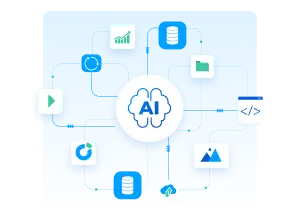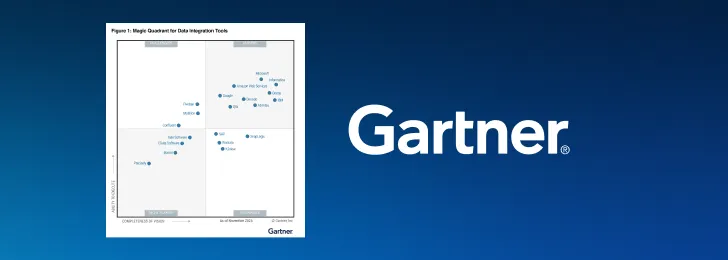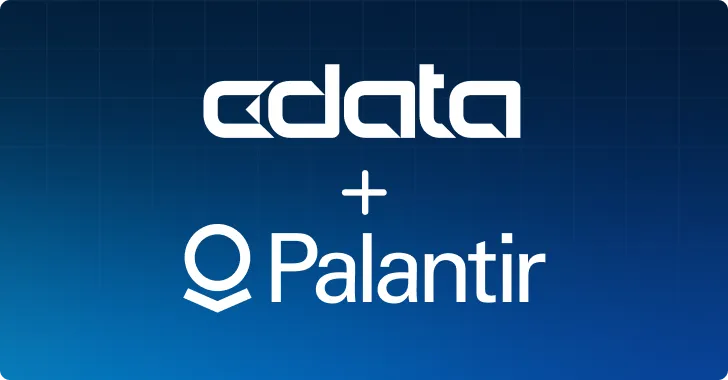
The Gartner Data & Analytics Summit in London (12–14 May 2025) comes at a pivotal time for enterprise data strategy. AI is no longer a distant innovation; it’s at the forefront of most business strategies. As organizations rush to integrate generative AI, real-time analytics, and intelligent automation, they are encountering the fundamental reality that these technologies rely on a solid data foundation that many businesses have yet to establish. Issues such as fragmented data landscapes, regulatory complexities, and evolving governance models continue to pose significant challenges, making it clear that AI adoption must go hand in hand with a well-structured data strategy.
This year’s theme, “From Inspiring Exploration to Leading Execution,” highlights a crucial shift: moving from conceptual discussions about AI’s potential to practical, scalable implementations that deliver measurable value. This summit provides a critical forum for tackling these issues head-on.
With an extensive lineup of expert sessions by Gartner analysts, the volume of information can be overwhelming. That’s why we’ve distilled the most pressing topics and must-attend sessions below.
AI and metadata: The foundations of next-gen analytics
The promise of AI in data and analytics is immense, but without structured, high-quality data, it collapses. That’s why metadata management, data observability, and automated governance are now essential rather than optional.
One of the key enablers of AI-driven success is AI-ready data. Organizations must ensure their data is structured, high-quality, and accessible for AI applications. This includes designing scalable architectures that can support real-time analytics, automated governance, and cross-enterprise data sharing.
Key sessions include:
Data integration in a multi-cloud and hybrid world
Enterprise data is diverse, dispersed, and difficult to manage. As organizations operate across on-premises, cloud, and hybrid environments, data integration challenges remain major bottlenecks to AI and analytics adoption. It’s no surprise that the Magic Quadrant for Data Integration Tools remains one of the most widely referenced reports, consistently ranking among the top 10 Gartner MQs each year. Despite advancements in ETL, ELT, and data virtualization, many organizations still struggle with data accessibility, interoperability, and governance.
Key takeaways include:
The evolution of data architectures: From fabric to mesh and beyond
R.I.P data fabric vs. data mesh nicely reflects the reality—it’s no longer about choosing one over the other but about how to make them work together. Organizations are moving past theory and focusing on real-world implementation.
Key discussions:
What’s keeping data leaders awake at night?
2025 marks a turning point where AI advancements, regulatory pressures, and business expectations collide. The responsibility is on data leaders to balance compliance, security, and return on investment while navigating increasing complexity.
Topics to watch:
Final thoughts
Whether your priority is future-proofing your data strategy, ensuring compliance, or scaling AI-driven initiatives, this event will equip you with the knowledge to tackle these challenges head-on.
Stop by Booth 506 and let’s discuss this in person. This is about turning AI ambitions into practical, scalable execution strategies.





